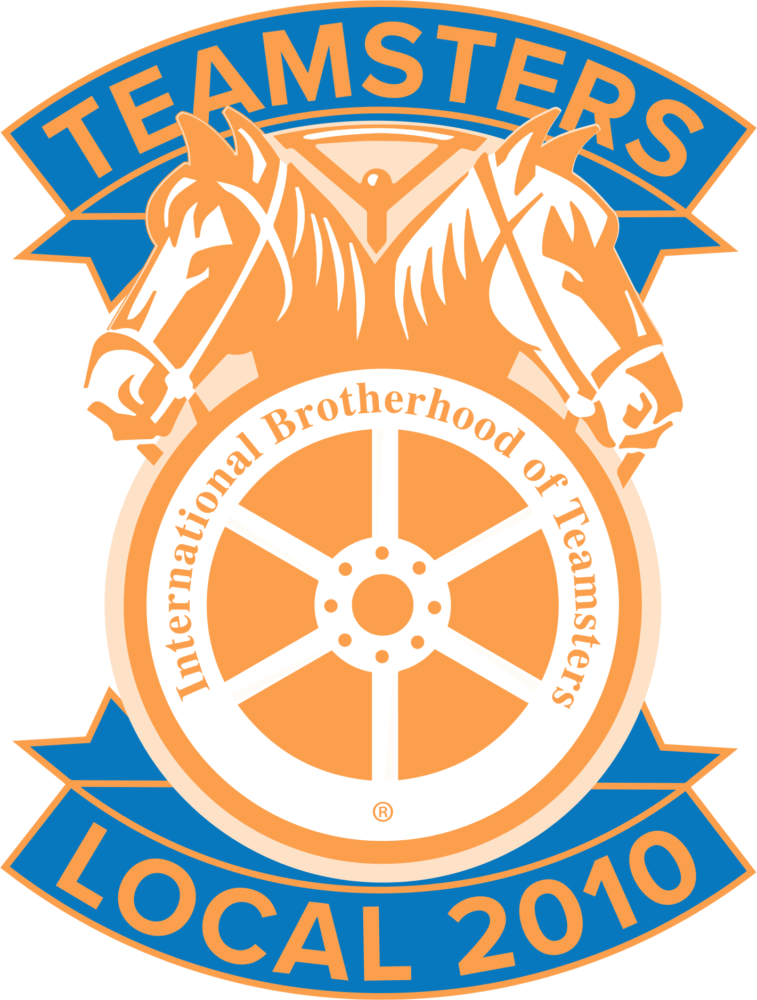ARTICLE 25 – DISCIPLINE AND DISMISSAL
A. Right to Discipline and Dismissal
The University shall have the right to discipline or discharge any non-probationary career employee for just cause. For purposes of illustration but not limitation, such actions may be taken for misconduct or failure to perform satisfactorily.
B. Types of Discipline
- The University may discipline an employee by written warning, suspension without pay, demotion, or dismissal.
- A dismissal is the termination of the employment of a non probationary regular status employee initiated by the University for any of the reasons set forth in this article.
- A demotion is the assignment of an employee from their current position to a position in a class having a lower salary maximum, or to a position at a lower rate of pay, when such assignment is made for disciplinary reasons.
- At least one written warning shall precede any other corrective action except when corrective action is the result of performance or conduct that an employee knows or reasonably should have known, was unsatisfactory.
- A verbal counseling or written counseling memorandum does not constitute discipline for the purposes of this Article. (See Article 8, paragraph H for additional provisions regarding counseling memoranda.
C. Investigatory Leave
In order to review or investigate allegations of conduct which, in the University’s view, would warrant relieving the employee immediately from all work duties, the University may place an employee on paid investigatory leave.
Investigations will not normally exceed thirty (30) working days. An investigatory leave may be extended; however, such extension beyond thirty (30) working days shall be paid by the University.
D. Notice of Intent
- The University shall provide written notice of the intent to impose a disciplinary suspension without pay for more than five (5) working days, disciplinary demotion and/or dismissal. The written notice shall be given to the employee either by delivery of the notice to the employee in person or by placing the notice of intent in the United States Mail, certified with return receipt requested, addressed to the employee at the employee’s address of record, which is the employee’s last known home address. The notice of intent shall be accompanied by “proof of service” indicating the date which the notice of intent was personally delivered or mailed, and this date shall constitute the “date of issuance” of the notice of intent. A copy of the notice of intent shall be sent to Teamsters Local 2010.
The notice of intent shall:
Inform the employee of the action(s) intended and the effective date of the action(s);- Suspension: If the notice of intent shall be for a suspension inclusive in the period of the investigatory leave, inform the employee of the suspension dates
- Dismissal: if the notice of intent shall be for dismissal following a period of investigatory leave, inform the employee of the University’s intention that thirty (30) working days shall be without pay;
- The reason(s) for such action(s):
- Include materials relied upon to support the disciplinary action, if any;
- Inform the employee of the right to respond, either orally or in writing to the Skelly Officer; and the fact that such response must be received within fourteen (14) calendar days from the date the notice was issued; and,
- Inform the employee of their right to representation.
E. Response to Notice
- The employee and or the employee’s representative may provide a response, oral or written within fourteen (14) calendar days from the date of issuance of such notice of intent.
- After review of an employee’s timely response to a notice of intent, if any, the University shall notify the employee of any action(s) to be taken. Such action(s) may not constitute discipline more severe than that described in the notice of intent.
- Nothing in this Article shall be construed as preventing the University from imposing any discipline it deems less severe than that set forth in the notice of intent without issuing a new notice of intent.
F. Skelly Hearing
Within fourteen (14) calendar days of the date the notice of intent was issued, the employee has the right to respond orally to the designated Skelly Hearing Officer. The Skelly Hearing Officer shall not be a University representative who was involved in the decision to impose a discipline.
At the Skelly Hearing, the employee shall be entitled to give an oral response, including any facts or arguments which the employee and/or the Union wishes to convey to the Skelly Hearing Officer.
Within five (5) calendar days after the conclusion of the Skelly Hearing, the Skelly Hearing Officer shall issue a final letter to the employee with a copy to the Union of any action(s) to be taken in accordance with Section D above.
G. Removal of Letters of Disciplinary Action.
Upon an employee’s request, a Letter of Disciplinary Action shall be destroyed eighteen (18) months after the date of issuance if during that time there has been no further disciplinary action taken against the employee. Letters of Disciplinary Action cannot be used to support subsequent discipline if there has been no further disciplinary action within eighteen (18) months following the issuance of the Letters of Disciplinary Action.
H. Written Warnings
Written warnings, unless used as a basis for subsequent disciplinary suspension or discharge, are not subject to Article 27, Arbitration.
COPIES OF DISCIPLINE TAKEN PROVIDED TO TEAMSTERS LOCAL 2010
When discipline exceeds a letter of warning, a copy of the notice of the final action taken will be sent to Teamsters Local 2010.
